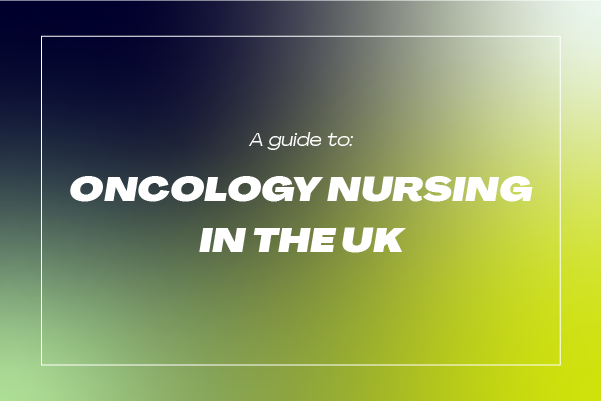If you’re a nurse and you find that every day is a bad day, that you’re beginning to feel disengaged or detached from your environment and your emotions, you might be experiencing burnout.
What is a nursing burnout?
As a nurse, you have a high-stressed job in a hectic environment, which means that you’re no stranger to stress. However, nursing burnout is a whole different kettle of fish!
Nursing burnout is classed as physical, mental and emotional exhaustion, which can lead to disengagement, dulled emotions and a feeling of detachment. Those experiencing burnout may feel a lack of motivation and a sense of hopelessness, which can make every day a struggle.
While it remains a big issue for nurses and the state of their physical and mental health, burnout can have a large effect on those who come into contact with nurses, especially patients. When hospitals have a high rate of affected nurses, the likelihood of unhappy patients or patients with infections increases.

What leads to burnout?
There are multiple reasons for nurses experiencing burnout, including:
Working long shifts
Humans have something called a ‘saturation point’, which is when we stop being able to absorb new information and our concentration levels dip. Working long shifts is a good example of reaching a saturation point – you stop being able to function with the same clarity and efficiency as when you first started.
Constantly reaching that saturation point, but not having the chance to take regular breaks due to short-staffing or busy departments means that nurses will very quickly get fatigued. Tired nurses are more likely to make mistakes, which adds to the stress of working long hours with no real breaks.
Empathising too often
It’s difficult for most people to let go of their working day after hours, but for nurses, it’s even harder; consistent exposure to very ill or dying patients can start to take its toll. Dealing with patient death often leaves nurses with very little time to acknowledge the loss, which may lead to suppressed emotions and depression.
In many cases, nurses are responsible for informing loved ones of a patient death, which will also require empathy. The emotional stress of working in this way on a daily basis can accelerate burnout.
Overthinking
The demand for care is increasing. Many of our hospitals are now operating at maximum capacity but without enough staff to provide the best possible patient care. Nurses are feeling the strain and consequentially find themselves handling multiple problems at once with very little time to decompress.
Functioning at such a high rate for lengthy periods of time increases a nurse’s chance of burnout.
Selflessness
In other words: ‘putting others before themselves’. Nurses have a duty of care, which can often spill over into their personal lives. They feel that caring for people is what they do best and for many, this can include putting the needs of their families and their patients before their own personal needs.
What is the turnover rate for a nurse?
Despite the potential for burnout and high levels of stress, the nursing community seems to be extremely tough, with no more than 1.5% leaving the profession in a single month (over a period from August 2012 to November 2015).
(Source: Quality Watch)
How can you reduce nursing burnout?
Before you start to panic about the effects of burnout, there are ways to avoid it:
Find ways to manage your stress
Acknowledge when you’re stressed and find a way to relieve it. You might find that confiding in a friend or colleague is helpful. You may prefer to try techniques like meditation, exercise or free-writing (writing down whatever comes into your head until thoughts and feelings start appearing on paper – this is particularly useful when you’re not sure what you’re feeling).
De-brief to a colleague
Instead of taking your patients’ problems home with you, tell a colleague about them in a way that still respects their privacy. You’ll know that your patient has the support they need while you unwind and relax away from work.
Understand your own needs
Take some time to appreciate and understand what YOU need in order to stay happy and healthy. Remember that in order to effectively help others, you must first know how to help yourself (a bit like your oxygen mask during a flight emergency).
Don’t forget to make some time for your mental health needs, as well as physical. Sleep, a good diet and time for what you enjoy are essential.
Ask for help when you need it
Re-read this article and familiarise yourself with the signs of nurse burnout; that way you can recognise them in yourself or in your friends and co-workers. Look out for feelings of exhaustion, disengagement and hopelessness, then reach out to people who can help you.

Burnout doesn’t have to mean a career change
If you’re suffering or have suffered from burnout, it’s important to know that this doesn’t have to be the end of your nursing journey; you can still have an exciting and fulfilling nursing career, but you need to address what you’re experiencing first.
Try to avoid making any career-based decisions while suffering the effects of burnout. Take the time off you need to recover and re-assess how you feel further down the line.
More advice from Your World
Why Nurses should consider a permanent role
A guide to working your first agency shift













